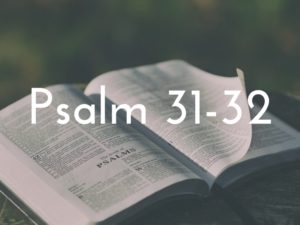In the spring semester of my freshman year, I jumped out of a tree at 12 a.m. on a Tuesday and upon impact my knee exploded. (Truth is I’ve forgotten the Truth of what “actually” happened, but if you meet me for coffee I’ll lay bare the standard narrative. Cross my heart.)
So anyway, after the ol’ knee folded in on itself, and because I was consigned to a couch for a few weeks, I found myself reading again, something I enjoyed as a kid but stopped consistently doing in the hormone induced preoccupation of adolescence. In short, the knee injury proved a sort of perverted grace in that it brought me back to literature.
In reading some really good stuff, I found something that my soul craved – identification; to be known, seen, and understood. And because I felt I identified with the really good stuff, I suffered from the delusion that I too could conjure poetry like the poetry I read.
Which is how I learned that poetry is not produced, but given as a gift like life. Like poetry and life, prayer is a movement, a series of crescendos and diminuendos that reflect the oft-chaotic maelstrom of our inner lives. Psalm 31 makes this movement a few times, from praise to fury to desolation and ultimately back again to praise. The intensity of David’s language in Psalm 31 is “true” and “beautiful” not because he wished it to be, but because it came from a deep place in David’s being that reminds me of my own; this is why when I read I feel less alone.
David concludes Psalm 31 with encouragement to “all you who hope in the lord”:
“Be strong and take courage” (Verse 24, NIV).
To open oneself to the depths of one’s inner life is an ultimately vulnerable movement of faith. In Psalm 32, David tells us that it is precisely when he made this movement of faith, that he felt himself reconciled to God (Verse 5).
So be strong and take courage, all you who hope in the Lord. Continue to dive deep into these psalms.
They mirror life back to you. For me, this has been immensely nourishing.
